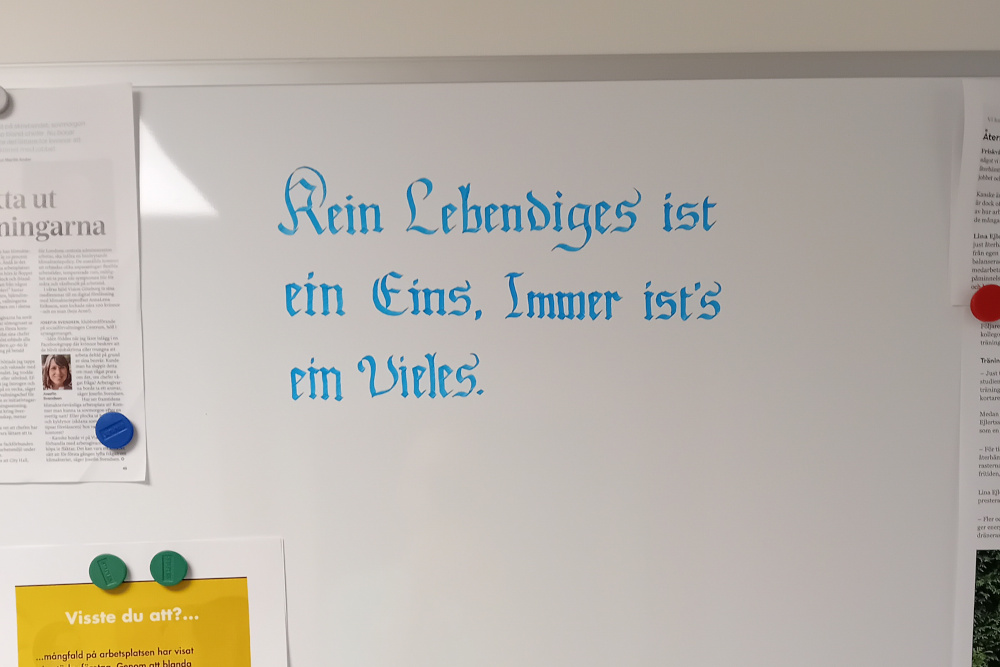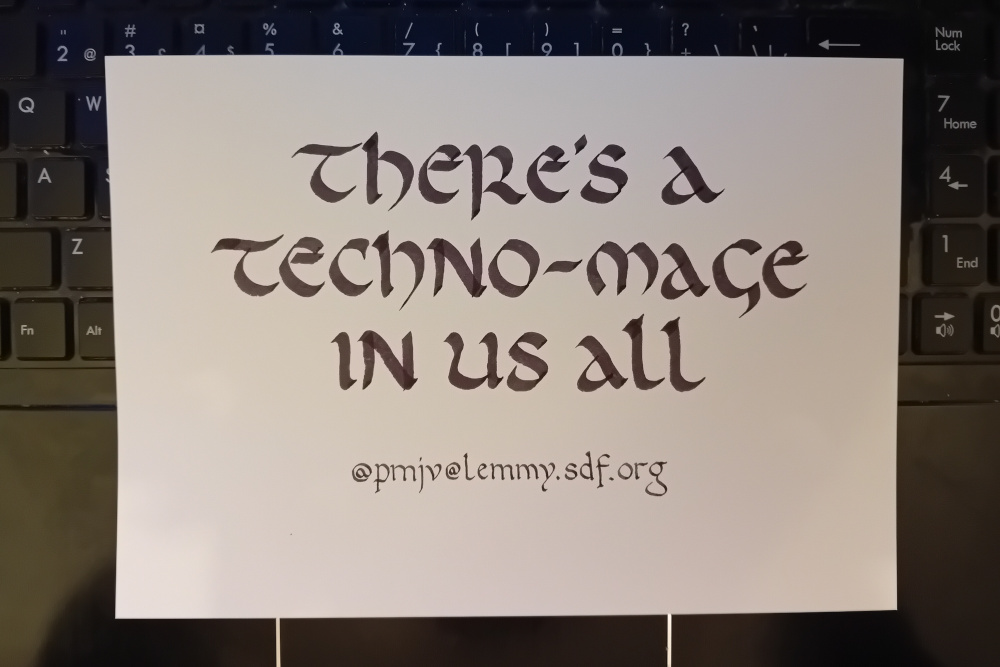I see what you mean now. I thought you meant as in upstream/downstream.
Tumbleweed is not a derivative of Leap.
This can actually be harder than it looks, you have to get the angles right for the eyeballs to really touch. At least that's how it was when I tried it.
"The discussion continued for quite a while without making much headway."
I think Debian is interesting, being such a large project of collaboration. I want this democratic, volunteer, non-corporate backed, free project to show that 10000 eyes make bugs shallow. I wish this model produced new ways of doing things, bringing people together in the spirit of creativity and playful productivity.
I've used Debian in different ways for around 15 years now, and I really want it to succeed.
Having said that, there is a "but..." looming in the back of my mind. But... it's difficult to ignore that other distributions are the ones pushing Linux forward. The innovation from Fedora and the distributions still called OpenSuse explore new areas which become the standards.
This is not criticism of Debian, I just wonder if we humans are capable of collaborating freely at that level without some top-down force directing work forward, or if we are bound to being one step behind, always trying to catch up to what others have already done?
One project goal of OpenBSD is: "We strive to make our software robust and secure, and encourage companies to use whichever pieces they want to."
They are not being taken advantage of, this is a desired outcome.
Historically, it seems like the legality is a bit fluid, and depends on how much money someone is willing to spend to stop you. What the Pirate Bay did was legal in Sweden until the big companies applied pressure and resources to stop them. I wish we lived in a world where laws could be interpreted clearly, but at least it seems like big money can have its way regardless. So, in your hypothetical website scenario, would someone powerful be very upset, or would it not be worth it for them to go after you?
Are we actually converting people or is the desktop platform just less popular for other OSs in favor of phones etc?
Debian + Flatpaks has been very reliable to me.
Usually roads have lots of gps tracks, so you can adjust the image offsets to match the gps tracks.


It's more that changes can be made with coordination across the OS, with a shared vision and goal. Linux distros are primarily integration projects, putting together the components from other peoples projects. BSDs are in control of the base OS project as one coherent project.